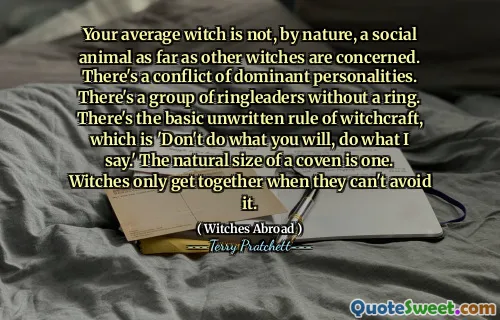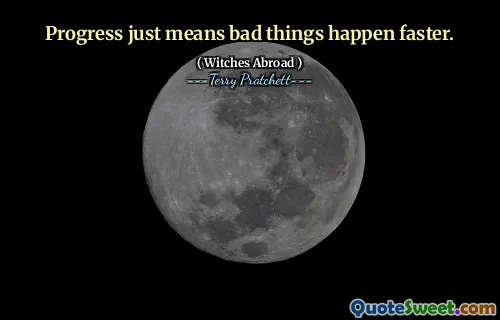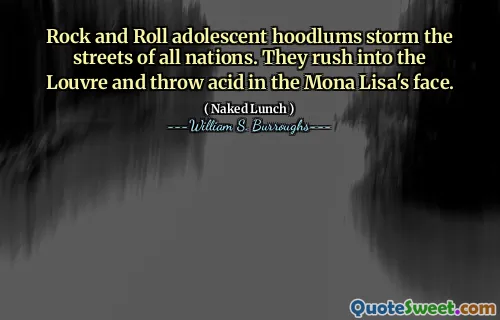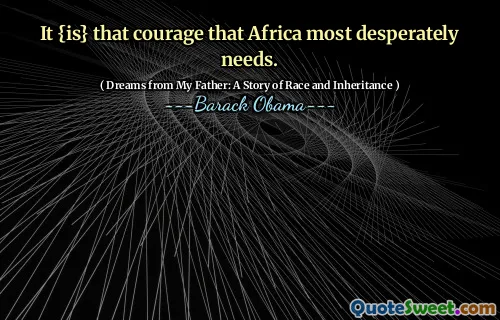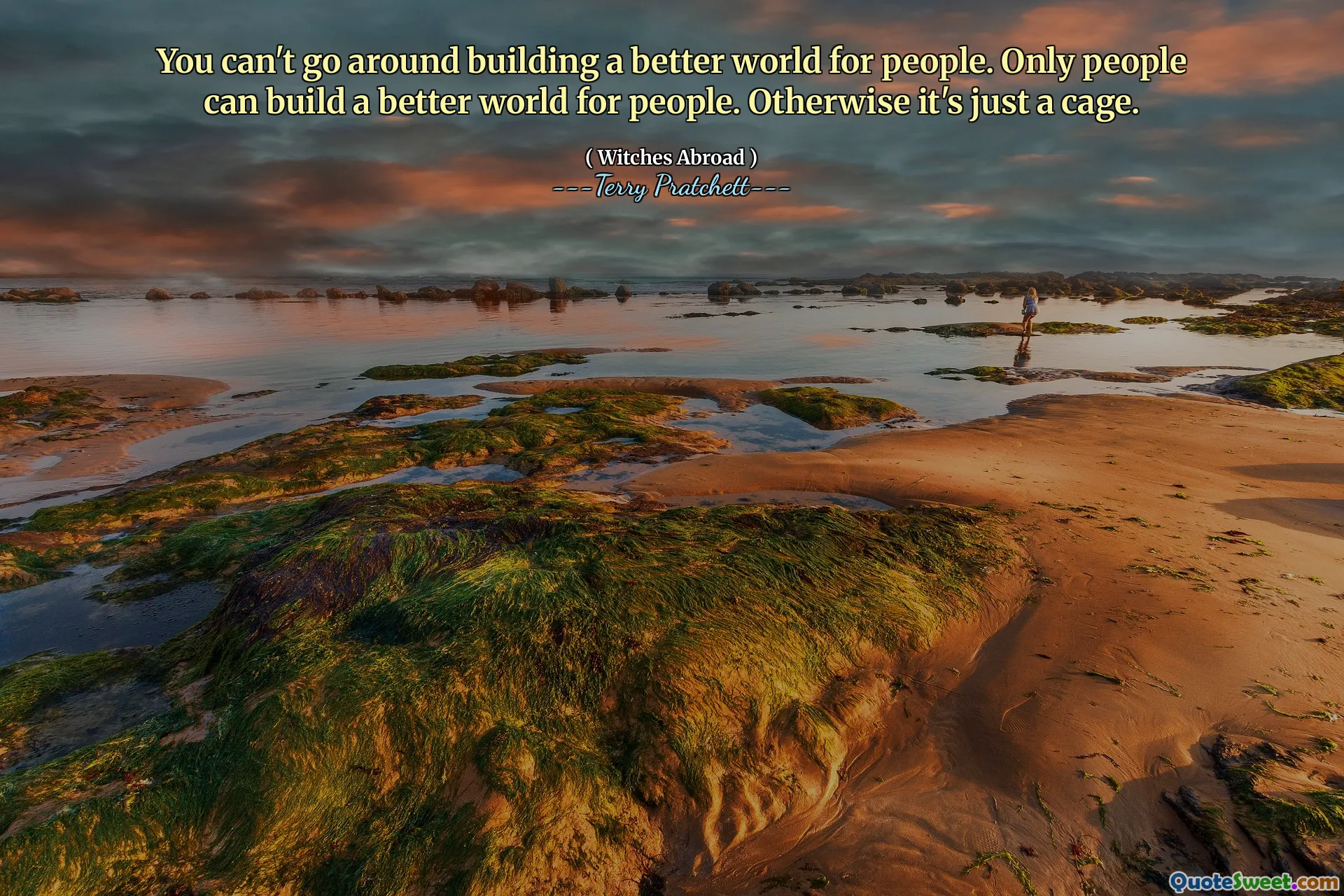
You can't go around building a better world for people. Only people can build a better world for people. Otherwise it's just a cage.
This quote by Terry Pratchett encapsulates a profound truth about human agency and the power of collective effort. It highlights that the ideal of transforming the world solely through external means is flawed if it neglects the core role of individuals and communities in shaping their environment. If we attempt to impose a perfect world from above or through top-down interventions without engaging those who are affected, we run the risk of creating superficial improvements that don't truly serve the needs of the people, or worse, trap them within constraints that limit their freedom—like being confined in a cage.
Pratchett's words remind us that sustainable progress and genuine change arise from the active participation and cooperation of people. It emphasizes empowerment, suggesting that those who are part of the community or society are best positioned to understand their needs and work collaboratively toward a better future. This perspective is vital in a world where external interventions, whether political, technological, or social, often fail orlead to unintended consequences.
Moreover, it underscores the importance of autonomy and respect for individual agency. Inserted into the context of societal development, it prompts us to think about how policies, initiatives, and innovations should involve those impacted by them, rather than being imposed upon them. A truly better world isn't just an ideal or a goal; it’s a collective journey that must be rooted in the aspirations and efforts of people themselves. Such understanding encourages humility in leadership and promotes participatory approaches in social change. It challenges complacency and invites each person to consider their role in fostering genuine, meaningful progress.
In essence, the quote serves as a reminder that the transformation of our world is fundamentally a human endeavor—one that cannot be outsourced or delegated entirely to external forces or ideas. Instead, it calls for a shared responsibility, grounded in real human interactions and community action, to create a future that is not a cage but a space where freedom, growth, and cooperation thrive.



